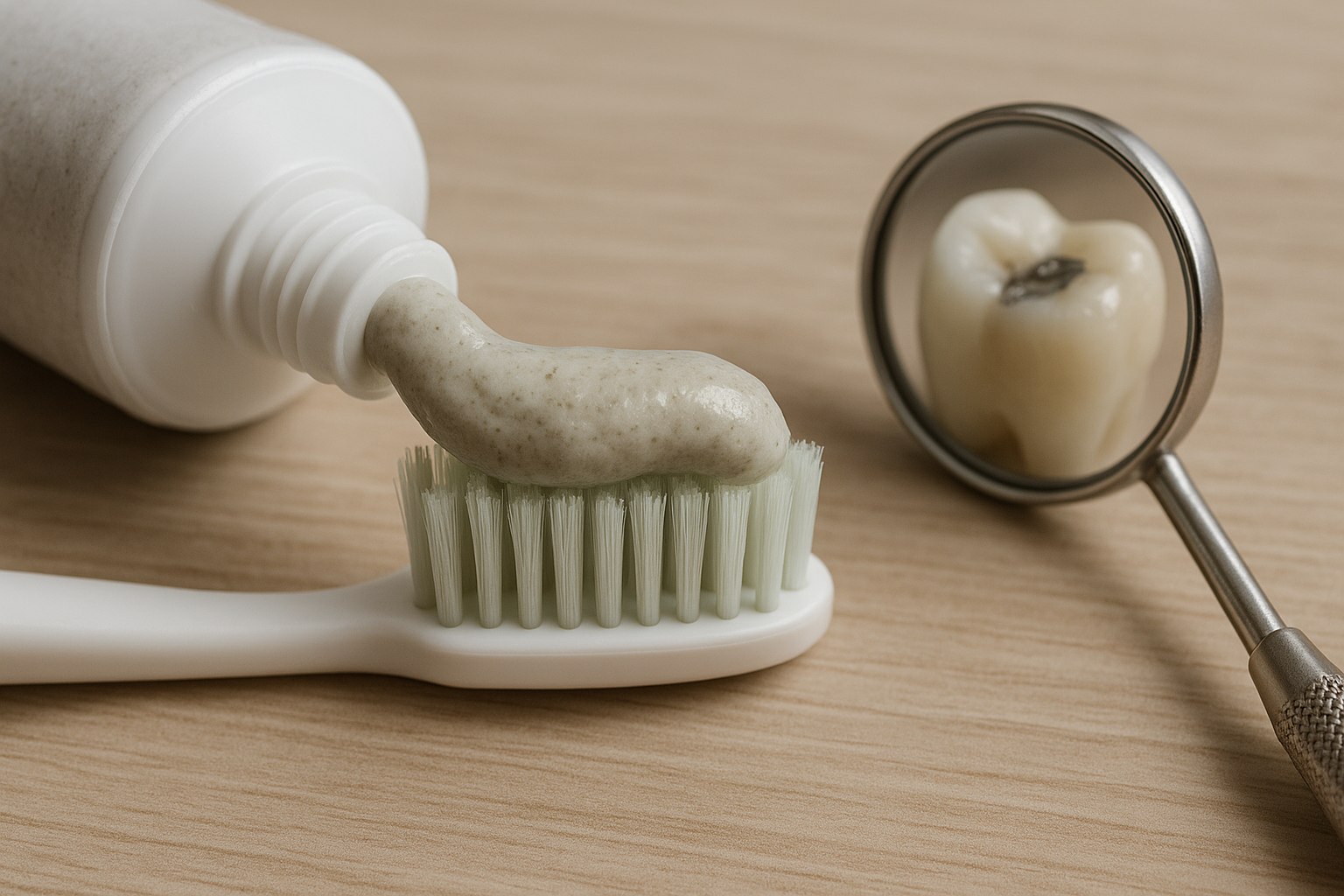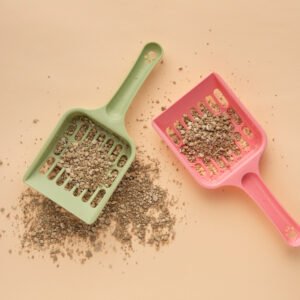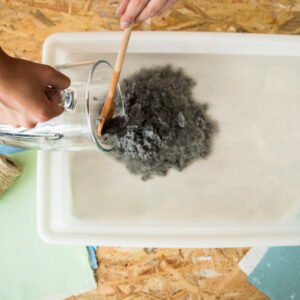Have you recently discovered the benefits of natural oral care products and wondered whether bentonite clay toothpaste safe with mercury fillings? If you have amalgam fillings and are considering switching to clay-based dental products, you’re not alone. Many health-conscious Indians are exploring natural alternatives to conventional toothpaste, but the safety concerns around mercury fillings create genuine questions that deserve evidence-based answers.
With rising awareness about chemical-free oral care in India, bentonite clay has emerged as a popular natural ingredient in toothpaste formulations. However, the interaction between clay and mercury amalgam fillings remains a topic of concern for many dental patients. This comprehensive guide will help you understand the facts, dispel myths, and make informed decisions about your oral health.
Understanding Mercury Amalgam Fillings in the Indian Context
Mercury amalgam fillings, commonly known as silver fillings, have been widely used in Indian dental practices for decades. These fillings contain approximately 50% mercury mixed with silver, tin, copper, and other metals. Despite ongoing debates about their safety, amalgam fillings remain prevalent in India due to their durability and cost-effectiveness.
The primary concern with mercury fillings centres around mercury vapour release, which can occur during chewing, grinding, or exposure to certain chemicals. However, the amount of mercury released under normal circumstances is considered minimal by most dental authorities. The question arises: does using bentonite clay toothpaste increase this risk?
What is Bentonite Clay and Why is it Used in Toothpaste?
Bentonite clay is a naturally occurring volcanic ash that has been used for centuries in traditional healing practices. In India, various forms of therapeutic clays have been part of Ayurvedic medicine for generations. This mineral-rich clay is known for its excellent absorption properties and ability to bind toxins.
Modern bentonite clay toothpaste formulations utilise these natural properties to:
- Remove plaque and bacteria effectively
- Provide gentle polishing action
- Deliver essential minerals to teeth and gums
- Offer fluoride-free alternatives for sensitive users
Companies like CMS Industries, a leading manufacturer and exporter of high-quality bentonite clay in India, ensure that their products meet international standards for purity and quality. Their extensive processing facilities and commitment to sustainability have made them a trusted supplier in the global bentonite market.
The Science Behind Clay and Metal Interactions
To understand whether toothpaste safe with mercury fillings when it contains bentonite clay, we need to examine the scientific evidence. Research indicates that bentonite clay’s interaction with metals depends on several factors:
Chemical Stability of Amalgam Fillings
Mercury amalgam fillings are designed to be chemically stable once set. The mercury is bound within the metal matrix, making it relatively inert under normal oral conditions. Studies on the chemical stability show that brief contact during brushing is unlikely to alter these properties, and using bentonite clay toothpaste with metal amalgam fillings is safe.
Clay’s Absorption Properties
Bentonite clay’s ability to absorb toxins and heavy metals is well-documented. However, this property primarily affects free or dissolved metals rather than those bound in stable compounds. The toothpowder is safe for people who have amalgam fillings or any metal work in their mouth, in the sense that it will not react to them (clay and metal).
Duration of Contact
The brief contact time during normal tooth brushing (typically 2-3 minutes) is insufficient to cause significant interaction between bentonite clay and mercury amalgam fillings. Any toothpowder left in the mouth, intentionally or unintentionally, is not enough to pull or degrade the metal.
Don’t miss this blog to understand the effects of eating bentonite clay and how it may impact your health.
Clinical Evidence and Professional Opinions
Dental professionals and researchers have increasingly studied the safety of natural toothpaste alternatives. The consensus suggests that bentonite clay toothpaste safe usage extends to individuals with mercury fillings, provided the products are sourced from reputable manufacturers.
Abrasiveness Concerns
One common concern is clay’s abrasiveness. However, bentonite clay is not abrasive as it is 1.5 to 2.0 on the Mohs hardness scale, making it less abrasive than plain baking soda. This low abrasiveness makes it suitable for daily use without damaging dental work.
Regulatory Perspectives
The FDA does not directly regulate or restrict the use of bentonite clay, but it is generally recognized as safe. This recognition extends to its use in oral care products, including those used by individuals with amalgam fillings.
Choosing Quality Bentonite Clay Products in India
When selecting bentonite clay toothpaste, quality matters significantly. CMS Industries, with its decades of expertise in bentonite processing, represents the standard for high-quality clay products in India. Their state-of-the-art processing facilities ensure that bentonite clay meets international purity standards.
Key Quality Indicators
- Purity certification: Look for products from ISO-certified manufacturers
- Heavy metal testing: Ensure the clay has been tested for contaminants
- Proper processing: Choose products from established manufacturers with proven track records
- Traceability: Opt for suppliers who can provide clear sourcing information
Practical Guidelines for Safe Usage
If you have mercury fillings and want to use bentonite clay toothpaste, consider these practical tips:
Application Methods
- Gentle brushing: Use soft-bristled toothbrush with gentle circular motions
- Appropriate timing: Brush for 2-3 minutes as recommended by dental professionals
- Proper rinsing: Thoroughly rinse after brushing to remove any residual clay
- Frequency: Follow standard dental hygiene routine of twice daily brushing
Monitoring Your Oral Health
Regular dental check-ups remain crucial regardless of your toothpaste choice. Your dentist can monitor the condition of your amalgam fillings and provide personalised advice based on your specific situation.
Alternative Considerations and Precautions
While bentonite clay toothpaste safe usage is generally established, some individuals may need special considerations:
Individual Sensitivities
Since bentonite clay is rich in minerals, it may cause contact dermatitis in people who are sensitive to minerals. If you experience any unusual reactions, discontinue use and consult your dentist.
Gradual Transition
Consider gradually transitioning to clay-based toothpaste to allow your mouth to adjust to the new formulation. This approach helps identify any potential sensitivities early.
The Role of Quality Manufacturers
The safety and effectiveness of bentonite clay toothpaste largely depend on the quality of the raw materials. CMS Industries’ commitment to producing high-quality bentonite clay with extensive reserves and advanced processing capabilities ensures that consumers receive safe, effective products.
Their focus on research and development has enabled them to create diverse bentonite products that meet specific industry needs while maintaining the highest quality standards. This dedication to quality directly translates to safer consumer products.
Conclusion
The evidence clearly indicates that bentonite clay toothpaste safe usage extends to individuals with mercury amalgam fillings. The brief contact time during brushing, combined with the chemical stability of properly set amalgam fillings, makes this combination safe for regular use.
However, product quality remains paramount. Choosing bentonite clay products from reputable manufacturers like CMS Industries ensures you receive high-quality, properly processed clay that meets international safety standards. Their expertise in bentonite processing and commitment to quality make them a reliable choice for consumers seeking natural oral care alternatives.
If you have mercury fillings and are considering switching to bentonite clay toothpaste, consult with your dentist for personalised advice. With proper product selection and usage, you can safely enjoy the benefits of natural oral care while maintaining your dental health.
For more information about high-quality bentonite clay products and their applications, visit CMS Industries to explore their comprehensive range of bentonite solutions.
Frequently Asked Questions (FAQs)
Q1: Can bentonite clay toothpaste damage mercury amalgam fillings?
No, properly formulated bentonite clay toothpaste will not damage mercury amalgam fillings. The brief contact during brushing is insufficient to affect the chemical stability of set amalgam fillings.
Q2: Is it safe to use clay-based toothpaste daily with mercury fillings?
Yes, daily use of quality bentonite clay toothpaste is safe for individuals with mercury fillings. The clay’s low abrasiveness makes it suitable for regular oral hygiene routines.
Q3: Does bentonite clay increase mercury exposure from amalgam fillings?
No, bentonite clay toothpaste does not increase mercury exposure from amalgam fillings. The clay primarily affects free metals rather than those bound in stable compounds like amalgam.
Q4: What should I look for when choosing bentonite clay toothpaste?
Choose products from certified manufacturers like CMS Industries, ensure proper purity testing, verify heavy metal screening, and select products with clear sourcing and processing information.
Q5: Are there any side effects of using bentonite clay toothpaste with mercury fillings?
Generally, no specific side effects occur from this combination. However, individuals sensitive to minerals may experience contact dermatitis. Discontinue use if any unusual reactions occur.







